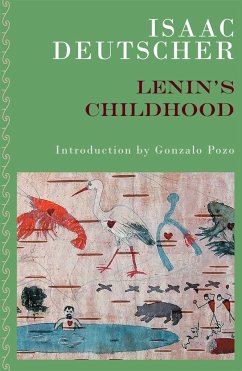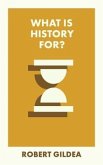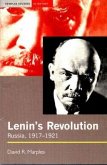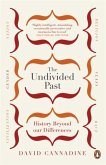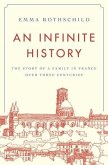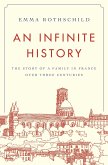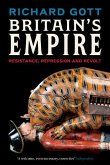"Isaac Deutscher's celebrated biographies of Stalin and Trotsky had always been conceived as a part of a larger project eventually culminating in a study of Lenin's life and politics. The three works would have constituted, he hoped, "a triptych of some artistic unity." But it was not to be; by the time of his sudden death in 1967, Deutscher had only managed to complete the first chapter, this book, which covers Lenin's family background, birth and early years in the backwater town of Simbirsk up to the execution of his brother, Alexander Ulyanov, a traumatic but formative event. Based on a lifetime of background research, including access to the closed section of Trotsky's archives, Lenin's Childhood gave, at the time of its posthumous publication, a novel interpretation of the earliest influences in Lenin's personality and thinking. Most of all, it offers a glimpse into a work unfinished, a work which would have striven save Lenin from fanatical anti-revolutionary condemnation, and, perhaps more importantly, from uncritical communist beatification"--
Hinweis: Dieser Artikel kann nur an eine deutsche Lieferadresse ausgeliefert werden.
Hinweis: Dieser Artikel kann nur an eine deutsche Lieferadresse ausgeliefert werden.

